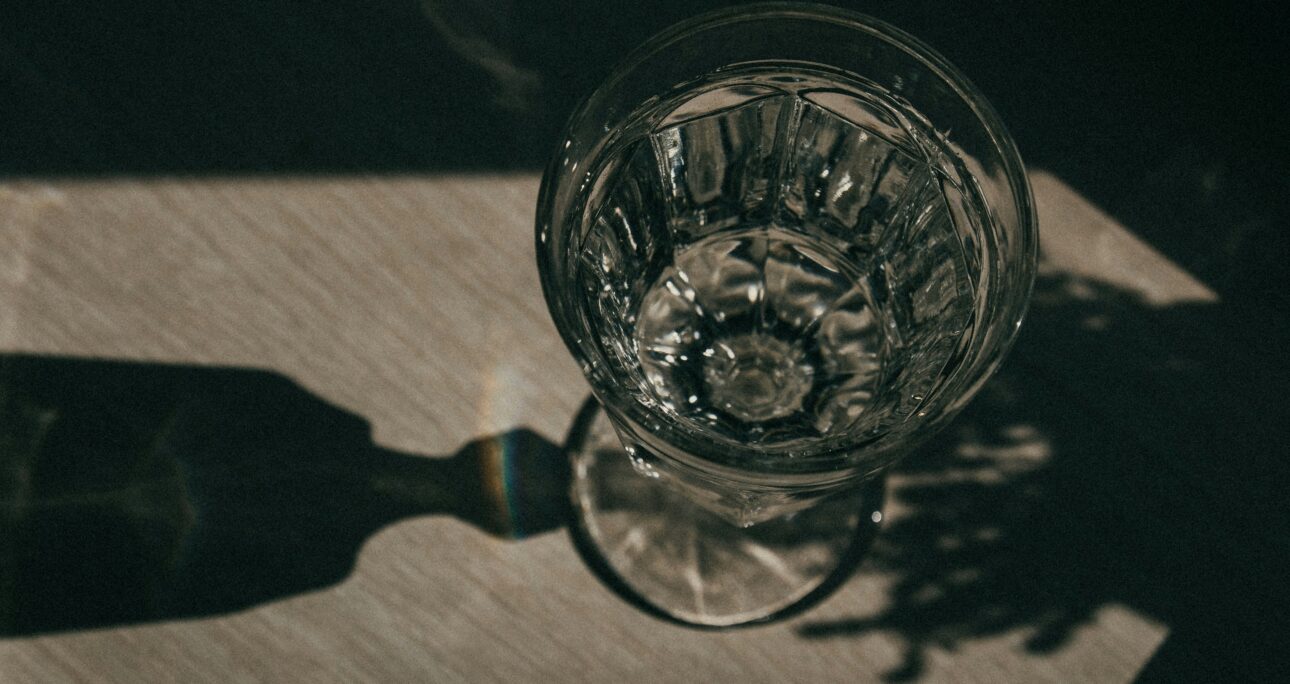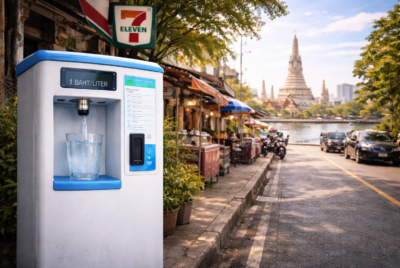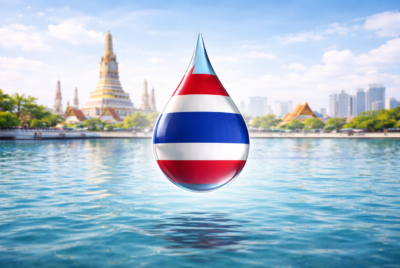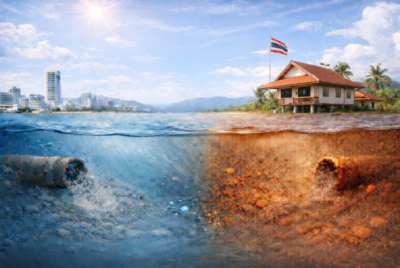We know that water has 0 calories but is it truly tasteless? The taste of water isn’t as neutral as you might think. After all, you don’t get the same satisfaction when drinking water while you eat vs having a cold glass of water on a hot day, right?
From the crisp freshness of spring water to the strange tang of tap water, different factors affect how water tastes.
In this blog, I will tell you about what makes the taste of water different and what you can do if your water doesn’t taste quite right.
What does water taste like?
On its own, pure water is often described as flavorless. However, to me, that is complete nonsense, maybe because I have strong taste preferences when it comes to water. But on a serious note, water travels through pipes, streams, or purification systems, it picks up various minerals, chemicals, and impurities, which give it a unique flavor based on its composition.
When you drink water, you are not drinking just H2O. This is why sometimes you may feel a metallic taste in water or get a hint of chlorine or it may even have an usual color or smell sometimes.
3 reasons why water can taste different
First, it’s a good idea to mention that each person has their own taste buds, preferences, and drinking habits. So in this blog, we won’t take into account different geological water taste changes.
Ok so… water can taste different depending on its sources, treatment methods used, and even the temperature at which you drink it. Whether you’ve noticed a slight shift in the taste of your tap water or just want to understand what you’re drinking, let’s see what affects the taste of water.
1. Minerals and impurities
One of the biggest reasons that affect the taste of water is its mineral content. This includes calcium, magnesium, and potassium, which can often improve how water tastes. These are the minerals that make spring water so crispy.
On the other hand, higher levels of minerals like iron or copper can lead to worse-tasting water. Additionally, there are impurities like chlorine or sulfur added to your tap water that create a bitter taste in water or make it taste off.
You can find out if your overall mineral composition has changed or not through TDS tester. You can do a before and after test to see if your TDS levels have changed.If the TDS indicator has increased, you may notice tatse changes.
2. Types of treatment and filtration processes
Water goes through treatment and likely filtration processes before getting to your tap. There are often additives like chlorine that are put into your water to kill bacteria. This is why the taste of water from your tap can be flat or chemical-like.
Many people install filters in their homes because they find the water to taste cleaner and more refreshing. However, different filters remove different sorts of impurities. For example, some reverse osmosis systems can strip away even beneficial minerals and leave you with dull-tasting water.
3. Alkalinity and pH levels
The pH level of water shows whether it is acidic, neutral, or alkaline. A lot of people prefer the alkaline water flavor because they find it smoother and sweeter. Acidic water, on the other hand, can taste more sharp and even be sour.
For your tap water, small changes in pH can be easily felt and can make you wonder “Why does my water taste weird out of nowhere?”
If you don’t feel like reading anymore, watch my Youtube video about this.
Why does water taste weird all of a sudden?
There are 3 main culprits behind the taste of your tap water changing, including:
- Changes in municipal water treatment processes such as the addition of more chlorine to battle bacterial growth in the summer heat.
- Aging or even new pipes introducing metals like copper or iron.
- Changes of the water source. Even if you’ve always had good water, unexpected issues can arise, and your water municipality might be forced to change its source.
If the taste of your tap water is consistently unpleasant or you start suspecting contamination, it’s a good idea to test your water quality, install a filter or contact your local water supplier to get ahead of the problem.
How to make your water taste better
Odd-tasting water is not something you have to live with – there are ways you can improve it. Some of the best ways you can do so are:
- Adding natural enhancers to your drinking water such as infusing your water with fruits, herbs, or cucumbers.
- Installing a filter in your home to remove impurities from your water and improve its overall taste. An Osmosis system is my favorite, you can find all sorts of different versions with different additives and taste. But primarily, they all execute the same cleanness.
- Chilling your water because lower temperatures usually mask certain flavors.
Conclusion
The taste of water can be very different depending on the minerals it has, how it was treated, and the pH level it stands at.
Whether it’s a crisp, refreshing sip or a strange metallic taste, knowing what makes your water taste better or worse can help you start improving it. If the taste of your tap water changes unexpectedly, don’t shy away from investigating the reasons behind it. You deserve to drink amazing-tasting water every day!
Disclaimer: It’s always best to trust the experts on the matter. That’s the testers, lab results or water experts, not our taste buds 🙂
FAQs
Well water usually contains lots of different minerals and might even be contaminated. If your area is known to have high levels of iron or sulfur, the water can acquire a metallic taste. Additionally, the bad taste of well water can be due to bacteria or organic matter present in it.
Water can have a sweet taste if it has natural minerals like calcium and magnesium in average amounts. Highly alkaline water is also known to have a sweeter taste with higher pH levels. To me, water with 0 minerals also tastes sweet. I guess it’s a personal preference.
Pure water is usually known to be flavorless because it doesn’t contain minerals or impurities that give it a taste. However, some people still feel that even pure, distilled water has a subtle taste. But of course, each person has their own taste buds, preferences, and drinking habits.
Alkaline water is said to have a smooth and a little bit of a sweet taste. It has a higher pH level which means it has minimal acidity that can make the taste of water be more sharp or metallic to drink.
Distilled water has a flat or bland taste. The distillation process removes all the minerals and impurities from it, making it pure H2O. Minerals and other contaminants give water a flavor.





